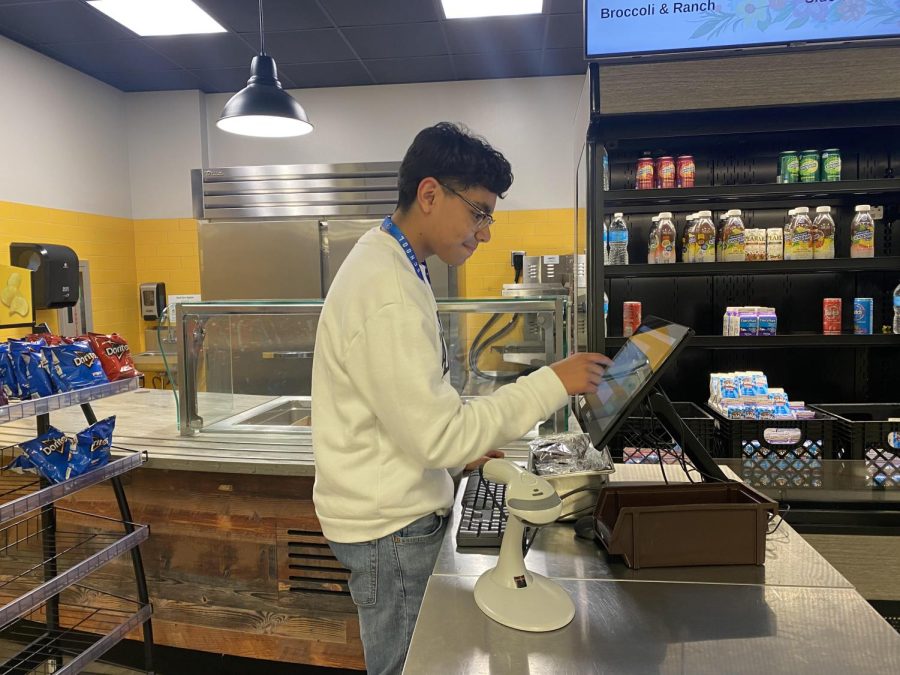Teens: It’s A Job…But, Somebody’s Got To Do It!
October 14, 2022
Once you’ve gotten the job, there’s nothing to it. If you’re an actor, you’re an actor. Doing it is not the hard part. The hard part is getting to do it.–Morgan Freeman
Teenagers should be encouraged to get jobs. Having a job as a teenage student shows a great deal of responsibility and commitment– especially if he or she is also in school clubs, music, or sports. But, if looked at from the viewpoint of parents, employers, and the teens themselves, it is a win-win situation for all concerned. Parents want their children to learn responsibility; employers need teens to operate many of their businesses; and teens…well, teens need money. How else are they going to earn money, learn to be responsible, and become independent if not through a job!
Research even supports this notion. The article Benefits of a Teenager Getting a Job by WebMD Editorial Contributors states, “High school students who work learn good time-management skills and organization. They learn important communication skills and how to work on a team. They develop a work history and can take those skills with them to the adult working world.” In short, they are saying teens who get jobs learn skills they might need in the future.
The article also talks about money management. “From earning to spending to saving, they’ll learn important lessons in money management. They will also feel more independent and empowered”–which translates to this: teens will learn how not to squander their hard earned money.
Senior Damien Wakes is just one of many here at Elkhart High School who holds down a job. “I do think teens should get a job,” Wakes asserts. However, too many teens expect more out of their jobs than they are qualified for, making them opt out of the workforce entirely. Not Wakes, though. “I work at McDonald’s,” he explains. Wakes understands that he’s not making six figures a year there, but he also realizes that he is paying his dues by building up his resume and his bank account. “I usually make around $10.50 [an hour],” he adds, “and I move around a lot, so I do not have a set position.” However, Wakes recognizes that every new task he performs at work makes him a more well-rounded employee. In the long run, that will pay off for him.
Another student, sophomore Tristan Bryson, has just joined the ranks of students working. “I have been working at Dairy Queen for five weeks,” Bryson states, “but since I just started, I’m mostly just training at the front.” As for the pay there, he teasingly says, “That’s kinda a personal question! I’m just kidding,” he continues, “ they pay around $10 [an hour] for starting wages. Like Wakes, Bryson had no delusions of starting out at a higher salary–nor does he plan to stay in this job until retirement. Bryson sees this as a stepping stone toward future jobs, where he can learn customer service skills–and even enjoy a little ice cream along the way. It’s something he believes all teens should experience. “I do think kids should start early and get a job, because it’s good for kids to make money so they can pay for whatever they want.”
Should teens get jobs? Yes, they should. It might be time-constraining, and they will not have the same freedom on weekdays to hang out with their friends as before. But, they should still get a job. Teens want to feel independent and in control of their lives. Their parents want them to learn life skills, responsibility, and commitment. And, employers are in dire need of their help. It’s a win-win. Now, that’s something they can all bank on.
In honor of these two food industry employees, here’s a fun riddle:
What do race car driver’s eat? Fast Food!








